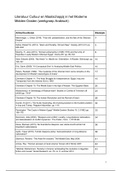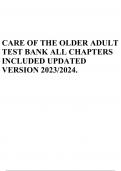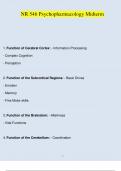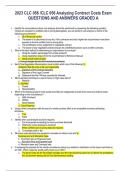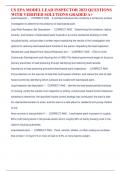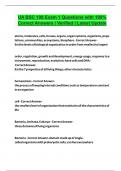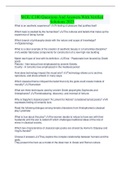Samenvatting
Samenvatting Cultuur en Maatschappij in het Moderne Midden Oosten (Literatuur)
- Instelling
- Universiteit Van Amsterdam (UvA)
Dit is een samenvatting van de opgegeven literatuur voor de Arabische werkgroep van het vak Cultuur en Maatschappij in het Moderne Midden-Oosten. Dit vak is onderdeel van de bachelor Arabische taal en cultuur en de minor Midden-Oostenstudies aan de Universiteit van Amsterdam (UvA) en wordt gegeven ...
[Meer zien]
